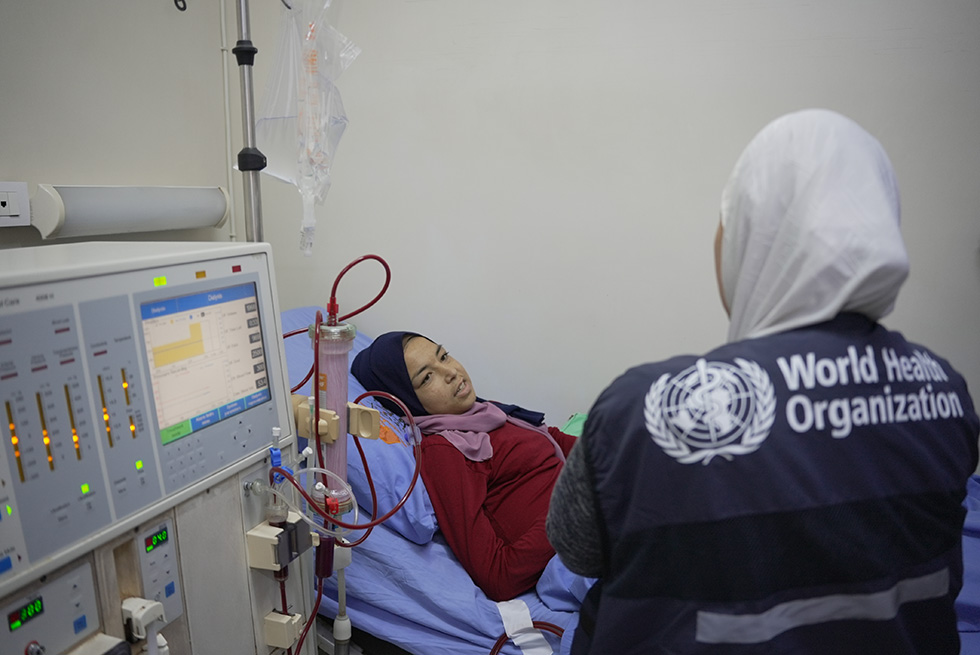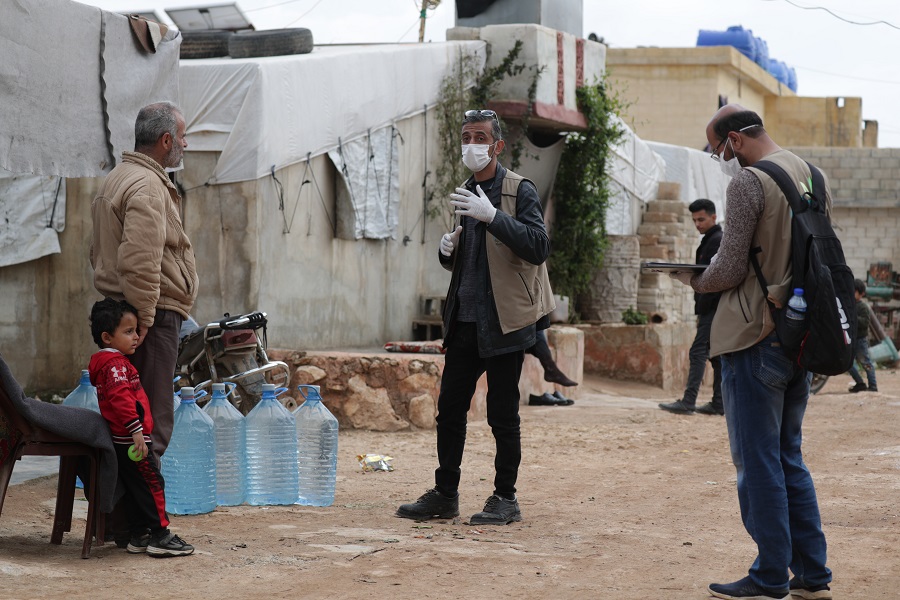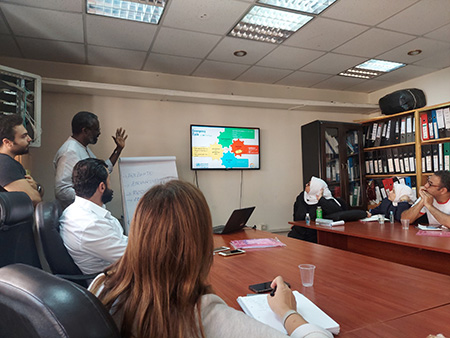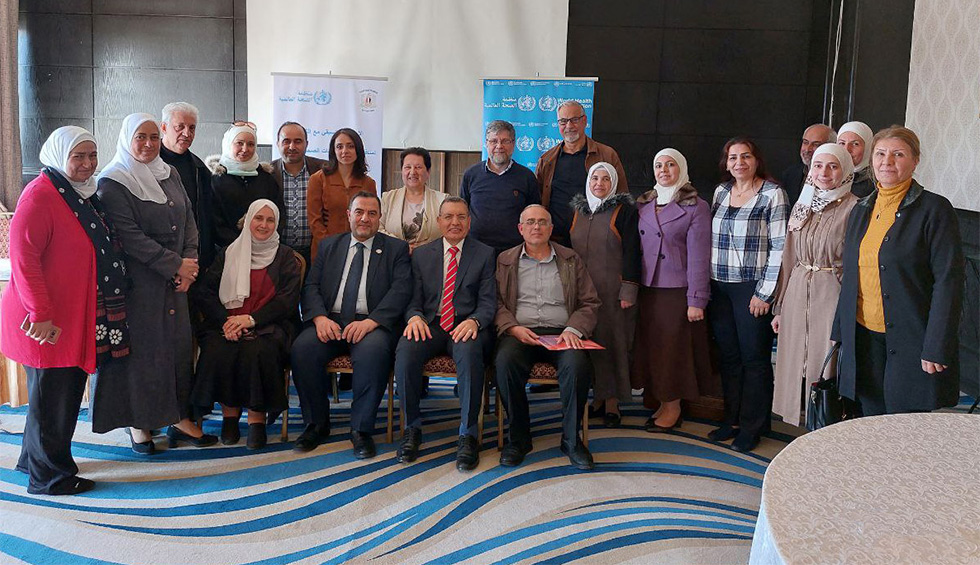
Amid the many hardships endured by Syrians, stories of hope, strength and courage emerge. Aya, a 20-year-old from rural Homs Governorate, was diagnosed with kidney disease at the age of 17. Since then, she has had to undergo life-saving dialysis three times a week.
"Learning that I would need dialysis was shocking news. I’ve had to accept that the dialysis machine is now my lifeline," said Aya. "Although my medical condition is part of my life, it's not the whole story. My dreams remain intact, and I am determined to do something meaningful with my life.”
Aya lost her older brother to kidney failure three years ago. Her father does not have a steady job, and her mother is battling cancer. Like most Syrians, the family struggles to make ends meet and cannot afford the cost of health care.
"I am so grateful to the Afia Fund Association (AFA) for subsidizing my dialysis treatment and medicines,” said Aya. “The centre is my second home, and the staff are like family to me."
Aya is one of many patients with kidney disease who are receiving free medical treatment at the WHO-supported AFA Medical Centre. WHO’s support has been made possible thanks to generous funding from the European Commission Directorate-General for Humanitarian Aid and Civil Protection (ECHO). The funds provided by ECHO have allowed WHO to support seven NGOs and one private hospital in the governorates of Aleppo, Al-Hasakeh, Homs and Rural Damascus to provide life-saving, essential health services to those in need.
Dr Iman Shankiti, WHO Representative a.i. in Syria, said that ECHO’s steady funding had been invaluable in helping WHO deliver on its commitments. “ECHO has been a long-standing supporter of our work in Syria. Its continued, substantial contributions have helped us ensure that some of the most vulnerable people in the country can continue to access critical health care.”
With the latest contribution from ECHO, WHO supported more than 293 700 primary health care consultations and 25 000 mental health and psychosocial support consultations and has covered the costs of 6924 haemodialysis sessions for 182 patients. WHO is grateful for ECHO’s continued support to the people of Syria – these efforts have made a difference in the lives of hundreds of thousands of patients and their families.






 3 September 2023– Damascus, Syria – The World Health Organization (WHO) is working with the Syrian Ministry of Health (MoH) to establish the country’s first Public Health Emergency Operations Centre (PHEOC). The PHEOC will be located in Damascus and is expected to be operational by the end of the year.
3 September 2023– Damascus, Syria – The World Health Organization (WHO) is working with the Syrian Ministry of Health (MoH) to establish the country’s first Public Health Emergency Operations Centre (PHEOC). The PHEOC will be located in Damascus and is expected to be operational by the end of the year.